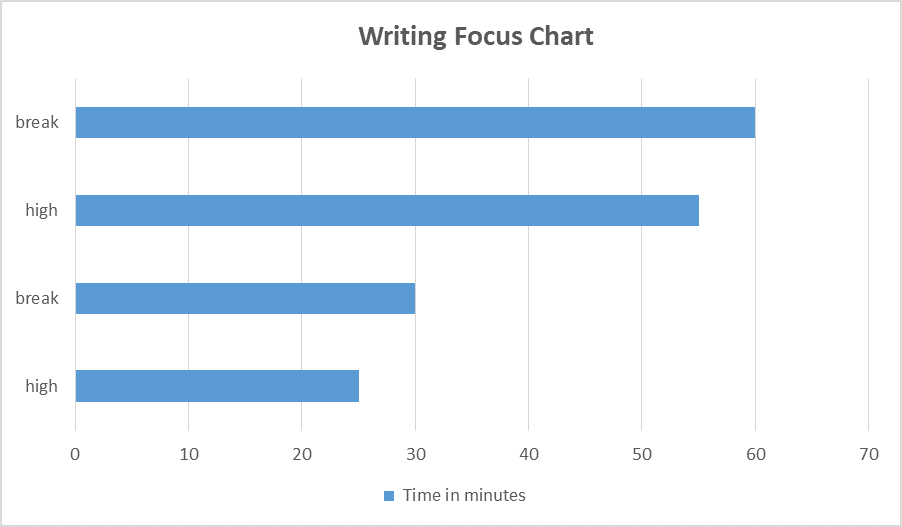Are you doing your PGCE? Feeling stressed about lesson planning and assignments? Don’t worry because you are not alone. Many student teachers in the UK feel the same. You have a lot to manage in a short time. Lesson plan, assignments, and school placements never ends.
But the good news is, you can manage it.
This blog shares some simple tips to save time while doing your PGCE. Whether you need PGCE assignment help or just want to stay more organized, this guide will help.
We’ll show you:
- How to write faster
- How to plan smart lessons
- How to use free tools
- And how to reduce stress
You’ll also see helpful charts and tables to make things even easier.
Some students even search, “Can someone write my PGCE assignment?” That’s how complicated it feels. However, with the right strategy, you can do it yourself well. Let’s make your PGCE journey easier and smarter. Here are the best time-saving tips just for you.
Effective Ways To Save Time While Doing PGCE Assignment
Struggling to deal with lesson plans and assignments? If yes, then you are not alone in this. Many students look for help to write my PGCE assignment and manage teaching tasks better. This section shares simple and smart tips to save time and reduce stress.
1. Break Big Tasks into Smaller Ones
Do big tasks feel scary? Break them into small steps.
Example:
| Big Task | Small Steps |
| Write an assignment | 1. Read the topic 2. Find sources 3. Make notes 4. Write intro |
| Plan a lesson | 1. Pick the topic 2. Add objectives 3. Choose activities 4. Add timings |
Doing one small step at a time feels easier.
2. Use a Weekly Planner
Plan your week ahead. Write down what you will do each day. Stick to it.
- Here’s a sample for a weekly PGCE Planner
| Day | Morning | Evening |
| Monday | School placement | Read for the assignment |
| Tuesday | Plan lesson | Draft assignment |
| Wednesday | Teach + Reflect | Free time |
| Thursday | Write summary | Review draft |
| Friday | Teach again | Edit + submit |
Planning saves time and reduces stress.
3. Use Mind Maps to Organise Ideas
Before you start writing an assignment, try making a mind map. This is a simple drawing with your main idea in the middle and related points around it. It helps you see all your thoughts in one place. You can use free tools like Canva, MindMeister, or even just draw it on paper. Mind maps are great when your head feels full. They help you stay clear and focused.
4. Use Templates for Lesson Plans
Don’t start from scratch. Use ready-made templates. They save you time and keep things neat.
- Sample Template:
| Part | What to Add |
| Lesson Title | Name of your topic |
| Objective | What should students learn? |
| Activity | Fun task or exercise |
| Resources Needed | Books, flashcards, etc. |
| Assessment | How will you check learning |
You can download many free templates online.
5. Set a Timer When You Write
Writing for hours can feel draining. Use a timer.
- Try the Pomodoro method:
- 25 minutes work
- 5-minute break
- After 4 rounds, take a longer break
- Writing Focus Chart:

This boosts your focus. You write more in less time.
6. Use AI Tools Wisely
AI can help, but don’t copy. Use it to get ideas, check grammar, or create summaries.
- Tools like:
- Grammarly (for grammar)
- QuillBot (to paraphrase)
- Google Scholar (for sources)
- They save hours.
- Tip: Always rewrite in your own words.
7. Record Lesson Ideas on Your Phone
Good ideas come anytime. Keep a voice memo or note app. Say your idea instead of writing it.
Later, copy it into your lesson plan. This saves paper and time.
8. Reward Yourself After Tasks
Working nonstop every day is not good for your health. Set small goals and reward yourself when you have accomplished them. For example:
Finish a lesson plan → watch one episode of your favourite show
Complete a draft → go for a short walk
Submit your assignment → treat yourself to your favourite snack
9. Ask for Feedback Early
Don’t wait till the end. Ask your mentor or tutor to check your draft. This avoids rewrites later.
Also shows you’re improving.
10. Create a “Go-To” Resource Folder
Make a folder on your laptop.
Add useful documents:
- Lesson plan templates
- Rubrics
- Teaching strategies
- Past assignments
- Sample Folder Structure:
- Lesson Plans
- Assignments
- Feedback
- Resources
You won’t waste time looking for files.
11. Work With Other Trainees
Form a study group. Share ideas, swap feedback. Working with others makes you:
- Learn faster
- Stay motivated
- Save time
- Let’s look at some real stats:
- How Trainees Save Time (Survey of 500 students)
| Method | % of Students Using |
| Study groups | 65% |
| Templates | 72% |
| Weekly planning | 80% |
| Voice notes | 43% |
You’re not alone; others are doing it too.
12. Try Studying in Short Sessions
You don’t need to study for hours at a time. Take 30 30-minute sessions along with short breaks. This helps your brain to focus and rest as well. You will be surprised by how much you can accomplish in very little time.
13. Stay Kind to Yourself
PGCE is hard. Don’t be too strict on yourself, and it is completely fine to ask for help. Many students ask, “Can someone write my PGCE assignment?” That’s why services offering PGCE assignment help in UK exist.
Whether you are doing it alone or with help, sleep well, take breaks, and stay calm. You are learning. That’s what matters most.
Why These Tips Work
These are not just random tips. They are based on the real struggles of PGCE students in the UK.
You need:
- Less stress
- More focus
- More free time
- And these tips do just that.
Frequently Asked Questions
- What if I miss a deadline?
Talk to your tutor early. They will help.
- I feel stuck. Can I get help?
Yes. Many tutors and online services offer PGCE support.
- Is using templates allowed?
Yes. They are tools to save time, not shortcuts.
It’s A Wrap
Your PGCE assignments may make your journey overburdened. There are several assignments that you need to write and lessons to prepare. All this may seem like it is passing quickly. However, there is no need to feel this stress. If you have the right habits, you can handle things skillfully and feel more in control.
Begin by breaking down your complicated tasks into small and manageable steps. This needs to be done in a way that is simple to handle. Next, you need to create a weekly plan. Write down all the things that you need to do in a day.
Start by breaking down complicated tasks into smaller, more manageable steps. As such, they are easier to handle. Next, create a weekly plan. Write down the things you need to do each day. It will help you maintain your concentration without getting overworked.
Don’t forget to get help as soon as you can. Whether you reach out to your tutor, other students, or internet resources, it can make a big difference. You are not alone in this.
Above all, be kind to yourself.






